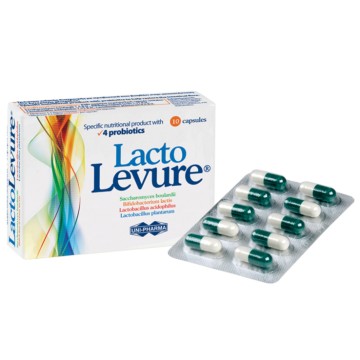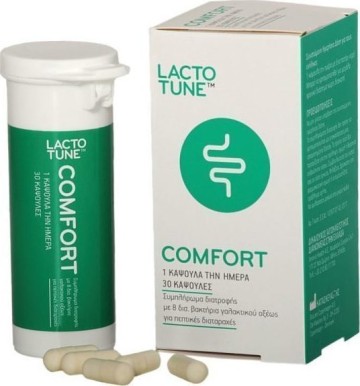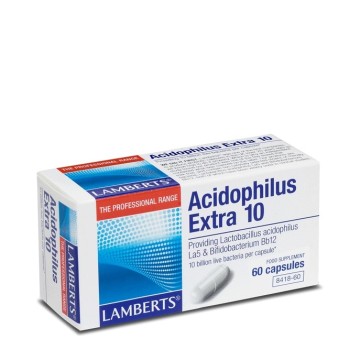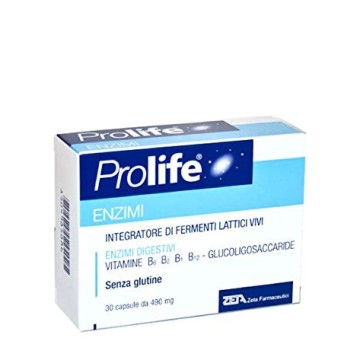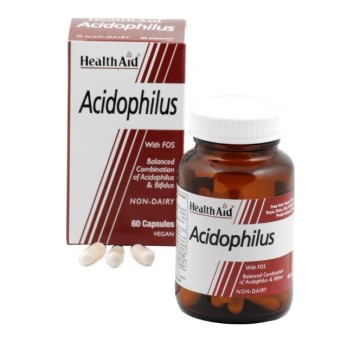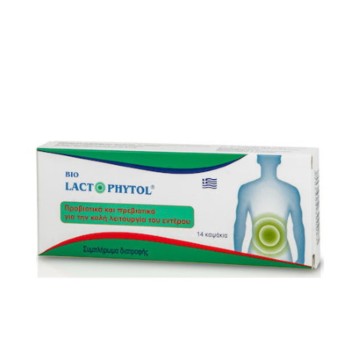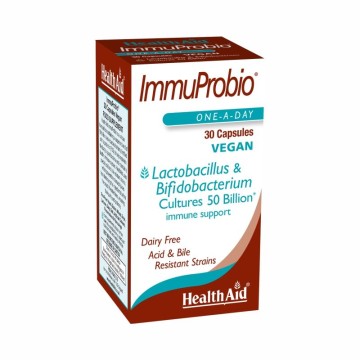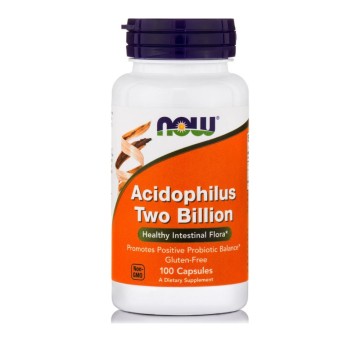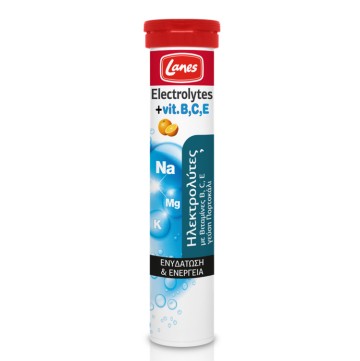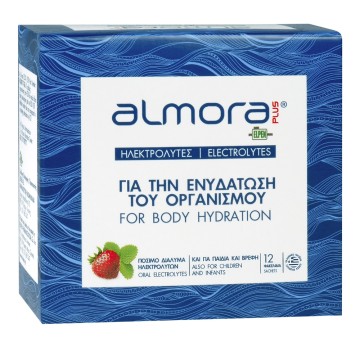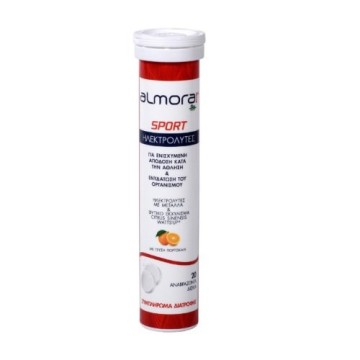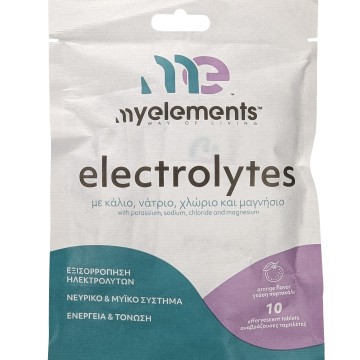Η
gastroenteritis, often referred to as "
stomach flu", is an inflammatory disorder that affects the gastrointestinal tract, mainly the stomach and small intestine. This condition is usually the result of a viral or bacterial infection, although the exact mechanisms vary depending on the pathogen.
The inflammation caused in the gastrointestinal tract by these pathogens leads to a series of unpleasant and sometimes painful symptoms. This process is usually self-limiting, with the condition usually improving within
a few days to a week, but it can cause significant
discomfort and disturbance in the patient's daily life.
Although the
gastroenteritis is usually not dangerous, it can cause serious complications in certain groups, such as
young children, the elderly, or people with underlying illnesses. In these cases, the need for immediate medical attention may be necessary to prevent more serious consequences, such as dehydration or nutritional depletion.
Symptoms of gastroenteritis
Main symptoms of gastroenteritis:
- Profuse diarrhea
- Motion sickness and vomiting
- Fever and chills
- Abdominal pain and discomfort
- Weakness and fatigue
Severe Gastroenteritis Symptoms:
- Vomiting for more than two days
- Diarrhea with blood
- Fever over 38 °C
- Dizziness or fainting
- Constant confusion
- Severe abdominal pain
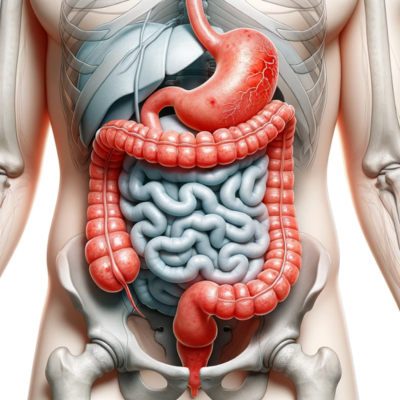
Dehydration
Η
dehydration is a common consequence of it
gastroenteritis, especially if there is constant diarrhea and vomiting. Signs of dehydration include:
- Dark color in the urine
- Thirst
- Fatigue
- Dizziness or confusion
It's important to drink plenty of fluids, such as water or broth, and avoid caffeinated drinks, alcohol and high-sugar juices
How many days does gastroenteritis last?
Η
duration of gastroenteritis it depends on its cause and severity, but it usually lasts:
- From a few days to a week
- In more severe cases, it may take longer
What tests do I need to do when I have gastroenteritis?
Usually, no special tests are required, but in the case of the above severe or prolonged symptoms, it may be necessary to consult a gastroenterologist. Tests that may be recommended include:
- Blood tests
- General urine or urine culture
- Stool culture
Gastroenteritis is spread when:
- Come into contact with body fluids of a person infected with the virus
- Through the use of shared objects or contaminated food and water.
- You put your hands in your mouth, while you haven't washed them - disinfected them
- Consume foods or drink liquids that have not been stored properly.
See here some disinfectant products for the prevention of gastroenteritis
Treatment of gastroenteritis
Η
gastroenteritis is a common situation, but the
prevention and treatment can help speed recovery. Here are some examples:
- Hydration with fluids they contain electrolytes
- Relaxation from any activity
- Light diet
- Antibiotic treatment in case of bacterial infection
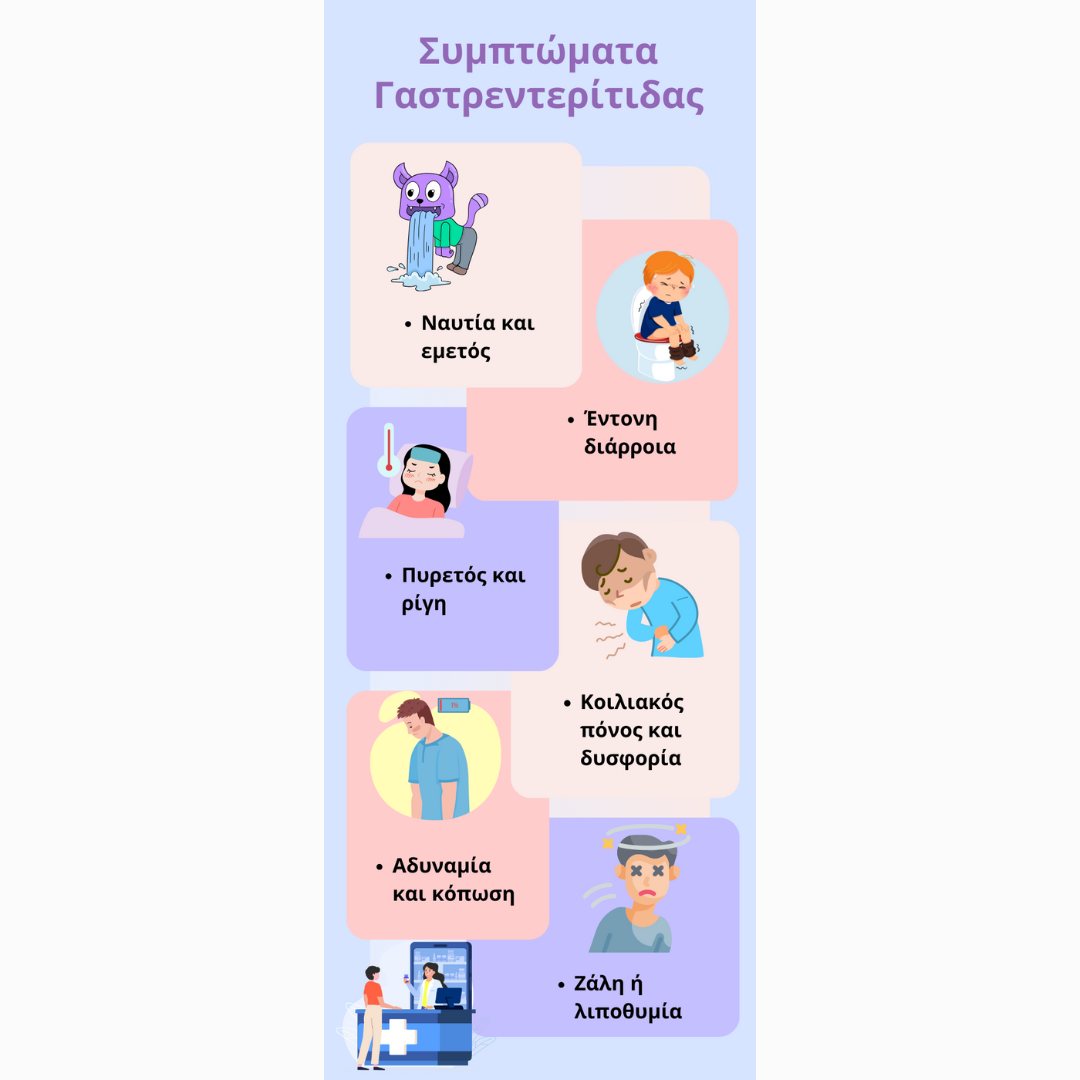
Proper nutrition for gastroenteritis
During
gastroenteritisThe
diet it is important to heal the digestive system and avoid further irritation. It should be light and easily digestible. Let's look at some foods that are good for the patient to consume during gastroenteritis:
- Light food: Choose light foods that do not irritate the digestive system, such as baked rice, mashed potatoes, fresh chicken or fish, bananas and apples.
- Avoiding fatty foods: Avoid fatty, spicy foods that can irritate it digestive system.
- Hydration: Drink plenty of water and electrolytes to avoid the risk of dehydration. Avoid alcohol and coffee, as they can worsen dehydration.
- Avoiding dairy: Avoid dairy products during gastroenteritis as they may cause indigestion.
Conclusion
Understanding its basic aspects
gastroenteritis, as well as awareness of the importance of early treatment, is critical to managing the condition. While prevention through hygiene and proper food preparation is the best way to prevent gastroenteritis, knowing basic coping methods can help reduce the severity and duration of the condition if and when it does occur.
Find on
wecare.gr the right supplements and the right vitamins to treat gastroenteritis
Sources: 1)
Viral gastroenteritis (stomach flu), 2)
Gastroenteritis ("Stomach Flu"), 3)
Stomach Flu, 4)
What to do if you have gastroenteritis, 5)
What is gastroenteritis?, 6)
What causes gastroenteritis?, 7)
Foods to eat when you have gastroenteritis, 8)
Treatment of Viral Gastroenteritis (“Stomach Flu”), 8)
How is viral gastroenteritis spread?
PHARMACIST, M.Sc.
CEO Wecare IKE
















